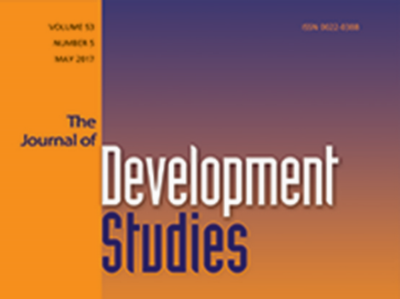Ethiopian Flower Farm Employment Project
We explore how a new female labor market emerging through the government supported establishment of rose farms in Ethiopia affects income, consumption, poverty, empowerment and violence against women. The floriculture industry has expanded explosively since its start in 2002 and was employing around 70.000 people at the start of the project (2008), mostly female workers. These changes made it particularly interesting to investigate the effects of female formal labor participation on gender relations and values. Female rose farm workers perform their tasks in a tight working community with regular working hours - does this change the economic status of women? When the majority of women leave the traditional domestic work/family care and petty trade to work in the formal sector under fixed working hours, this induces large alterations in the division of labor within the household. We thus ask how family care is organized and whether the domestic work load is shared differently in households with female rose farm workers, and if so, in what way? Does female wage work induce older daughters to care for younger children at the expense of the former's education? We use rigorous impact evaluation methods to avoid the selection problem common in such studies and use a research approach particularly suitable to construct a credible counterfactual in this setting.



